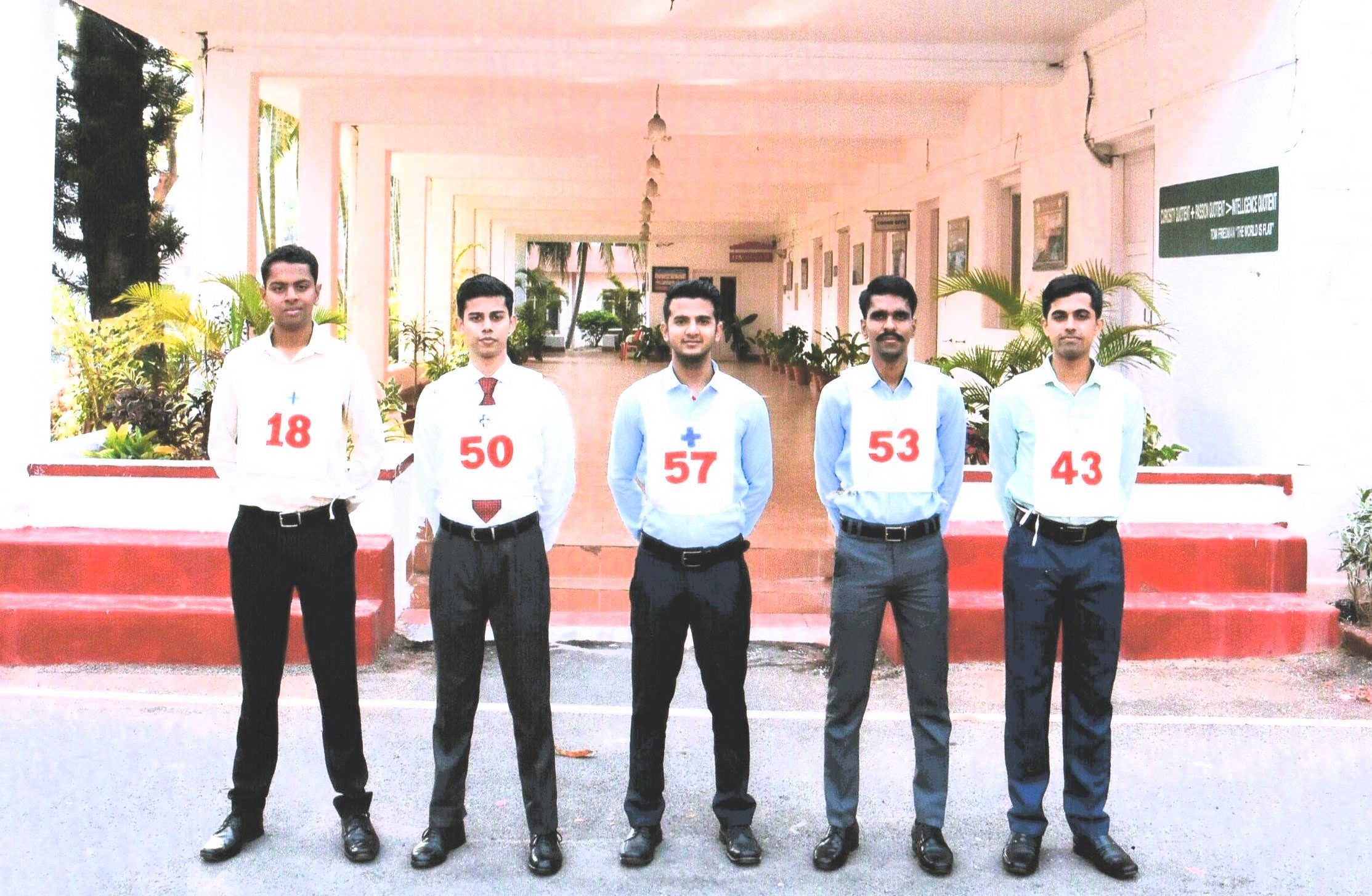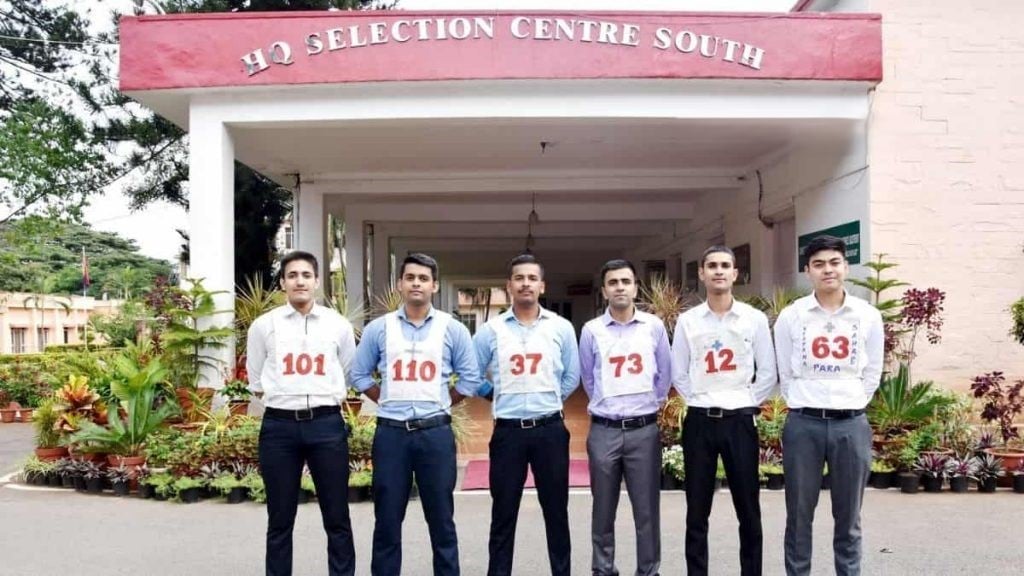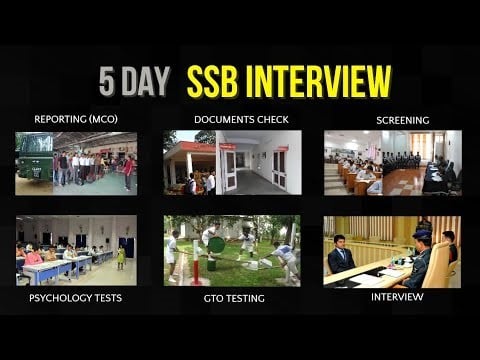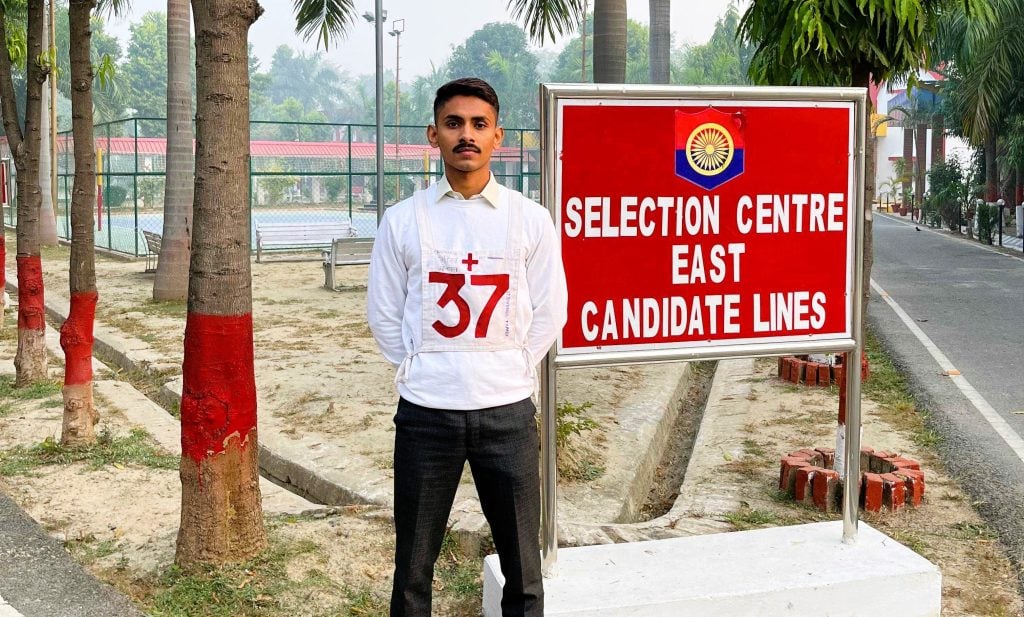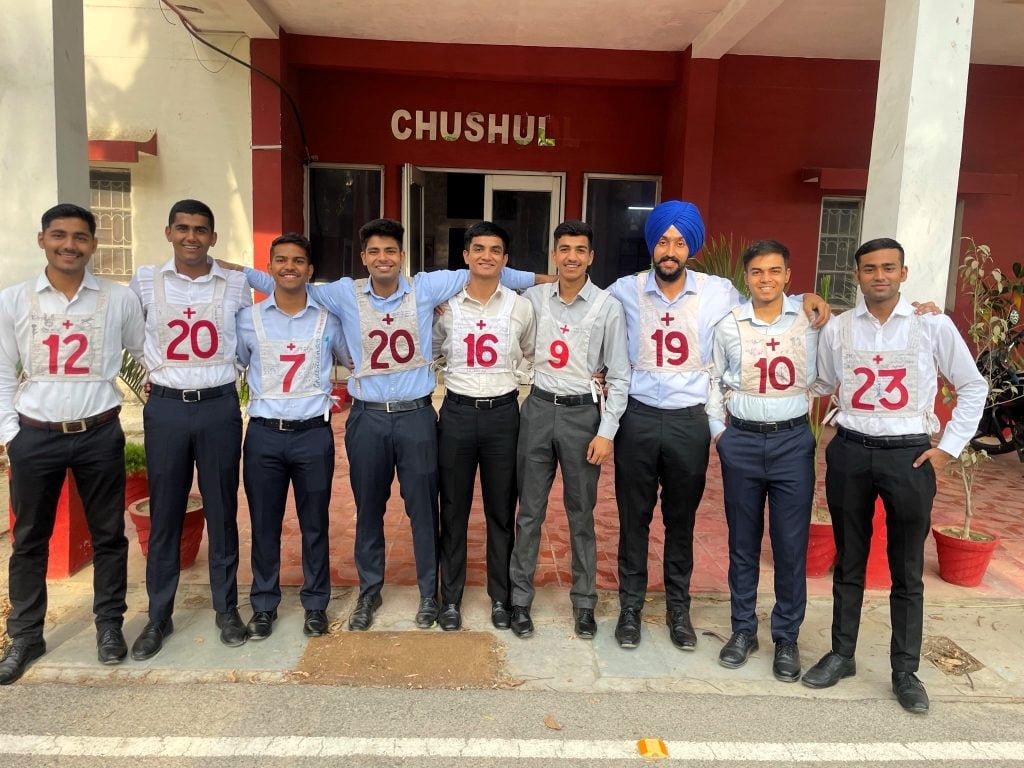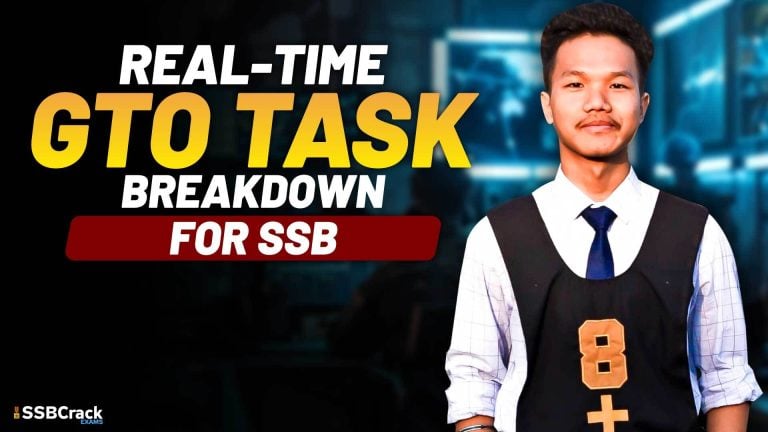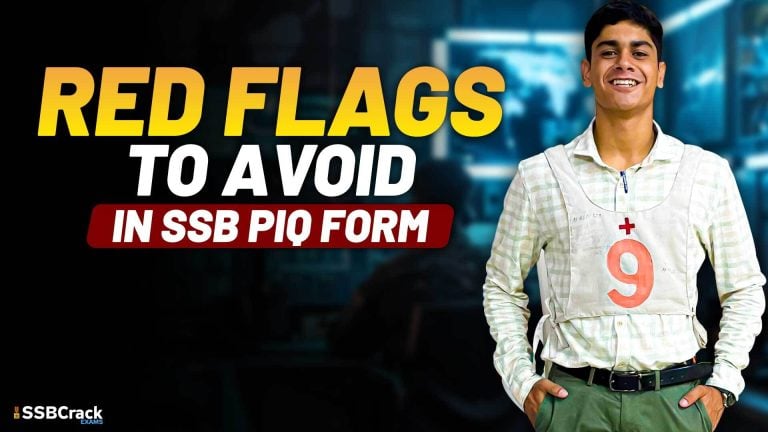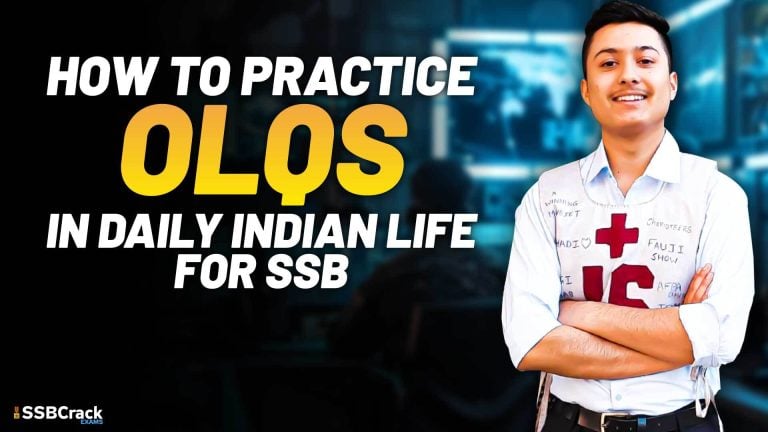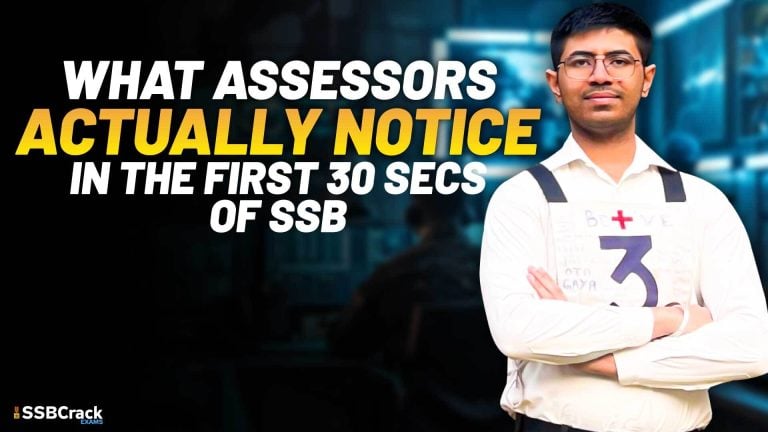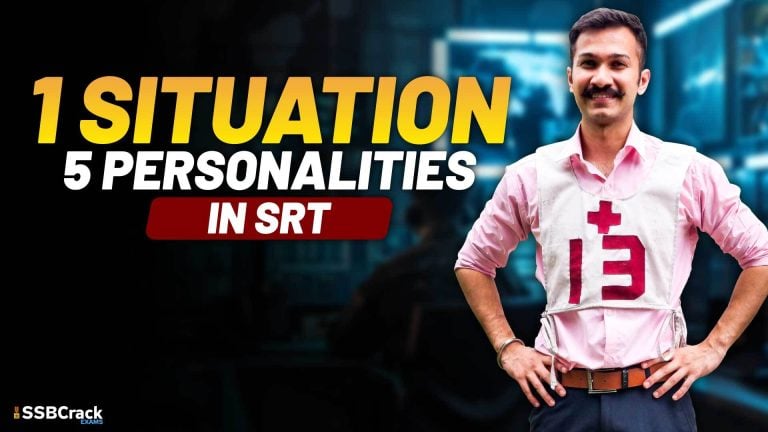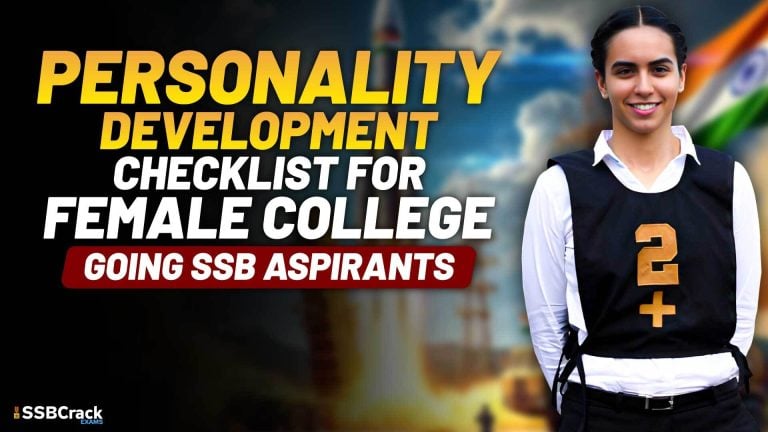The Services Selection Board (SSB) plays a pivotal role in shaping the future of aspiring officers in the Indian Armed Forces. This comprehensive evaluation process is designed to assess candidates on various parameters that are critical for military leadership. The SSB process not only focuses on academic capabilities but also delves into personality traits, decision-making skills, and leadership potential, ensuring that only the most suitable individuals are selected for a career in the armed forces.
The SSB SSB Services Selection Board is a multi-faceted selection process that aims to identify candidates who possess the qualities essential for military service. Unlike conventional examinations that primarily evaluate academic knowledge, the SSB emphasizes a holistic assessment of a candidate’s personality, cognitive abilities, and interpersonal skills. This unique approach ensures that the selected individuals are not only intelligent but also capable of leading and inspiring others in high-pressure situations.
Also Read | 50 Israel – Iran Conflict SSB Interview Questions
Historical Background of SSB
The origins of the SSB can be traced back to World War I when the necessity for effective personnel selection in military roles became apparent. The United States Army was among the first to implement psychological testing for recruitment, a practice that quickly spread to other nations, including Germany and the United Kingdom.
In India, the War Office Selection Board (WOSB) was established in 1943 in Dehradun to utilize psychological techniques for selecting officers in the Indian Armed Forces. Over the years, this board evolved into the current SSB framework, which has been refined to meet the unique demands of military service.
The Purpose of the SSB
The primary aim of the SSB is to assess candidates’ suitability for a career in the armed forces. The evaluation process is meticulously structured to ensure that it captures various aspects of a candidate’s personality, including:
- Leadership Abilities: The capacity to lead a team effectively and make sound decisions under pressure.
- Interpersonal Skills: The ability to communicate clearly and work collaboratively with others.
- Problem-Solving Skills: Quick and effective decision-making abilities in challenging situations.
- Emotional Intelligence: Understanding and managing one’s own emotions while empathizing with others.
The Structure of the SSB Selection Process
The SSB selection process is divided into several stages, each designed to evaluate different facets of a candidate’s capabilities. This multi-stage approach ensures a comprehensive assessment that goes beyond mere academic performance.
Overview of the Stages
- Screening Test: This initial phase evaluates basic eligibility and suitability for the desired service.
- Intelligence and Aptitude Test: Candidates’ cognitive abilities, problem-solving skills, and logical reasoning are assessed.
- Psychological Tests: A series of psychological evaluations are conducted to gauge personality traits and emotional intelligence.
- Group Tasks: Candidates participate in various group activities to demonstrate teamwork, communication, and leadership skills.
- Interview: The final phase involves a detailed interview to assess the candidate’s overall suitability for military service.
Detailed Breakdown of Each Stage
Screening Test
The screening test serves as the first filter in the selection process. Candidates undergo a series of evaluations that include:
- Written Tests: These tests assess verbal, numerical, and reasoning abilities.
- Picture Perception Test (PPT): Candidates interpret images to gauge their perception and analytical skills.
- Discussion: A group discussion to evaluate communication and teamwork.
Intelligence and Aptitude Test
In this stage, candidates are subjected to a rigorous evaluation of their cognitive skills through various tests, including:
- Numerical Reasoning: Assessing mathematical problem-solving abilities.
- Verbal Reasoning: Evaluating comprehension and analytical skills through language-based tasks.
Psychological Tests
Psychological assessments are crucial in understanding a candidate’s personality. Key tests include:
- Thematic Apperception Test (TAT): Candidates create stories based on ambiguous images, reflecting their thought processes and emotions.
- Word Association Test (WAT): A measure of spontaneous reactions to words, revealing underlying thoughts and feelings.
Group Tasks
Candidates are observed in group activities designed to assess their collaborative and leadership skills. This includes:
- Group Discussions: Evaluating the ability to communicate ideas effectively within a team.
- Group Tasks: Activities that require teamwork and problem-solving.
Interview
The final interview is a comprehensive evaluation where candidates discuss their motivations, experiences, and aspirations. Interviewers assess:
- Communication Skills: The ability to articulate thoughts clearly.
- Personality Traits: Observations on confidence, composure, and adaptability.
Day-wise Activities During the SSB Process
The SSB process typically spans five days, with each day dedicated to specific evaluations. Below is a detailed breakdown of the activities conducted each day.
Day 1: Screening and Briefing
- Document Verification: Candidates present necessary documents for verification.
- Initial Briefing: An overview of the SSB process is provided to candidates, outlining expectations and procedures.
Day 2: Intelligence and Psychological Testing
- Cognitive Assessments: Intelligence and aptitude tests are administered.
- Psychological Evaluations: Candidates undergo various psychological tests to assess personality traits.
Day 3: Group and Individual Tasks
- Group Activities: Candidates participate in group tasks to showcase teamwork and leadership.
- Individual Tasks: Personal challenges are presented to assess individual capabilities.
Day 4: Interview and Conference
- Personal Interview: A detailed interview is conducted to evaluate overall suitability.
- Conference: A group discussion among assessors to finalize evaluations.
Day 5: Results and Final Briefing
- Results Announcement: Candidates are informed of their selection status.
- Final Briefing: Feedback is provided, and next steps are discussed for successful candidates.
Essential Tips for Success in the SSB
Cracking the SSB selection process requires a blend of preparation, confidence, and the right mindset. Here are some valuable tips to enhance your chances of success.
Develop a Strong Personality
Building a confident and composed personality is crucial. Focus on:
- Self-awareness: Understand your strengths and weaknesses.
- Positive Attitude: Maintain optimism and resilience throughout the process.
Enhance Communication Skills
Effective communication is essential in both group tasks and interviews. To improve:
- Practice Public Speaking: Engage in activities that require you to speak in front of others.
- Active Listening: Pay attention to others during discussions, showing empathy and understanding.
Problem-Solving and Decision-Making
Sharpen your problem-solving abilities by:
- Engaging in Puzzles: Regularly practice logical puzzles and brain teasers.
- Simulating Scenarios: Create scenarios that require quick decision-making to enhance your responsiveness.
Physical Fitness
Maintaining a high level of physical fitness is vital, as the SSB includes various physical activities. To stay fit:
- Regular Exercise: Incorporate a balanced fitness routine that includes cardio, strength training, and flexibility exercises.
- Healthy Diet: Focus on nutrition to fuel your body and mind.
Familiarize Yourself with the SSB Process
Research the SSB process thoroughly to understand each stage. Resources include:
- Official Websites: Visit the official SSB websites for guidelines and updates.
- Books and Online Courses: Consider reading materials and courses that provide insights into the selection process.
Debunking Common Myths About the SSB
Over the years, several myths have emerged regarding the SSB selection process. Here, we clarify some of the most common misconceptions.
Myth 1: Only Academically Brilliant Candidates Succeed
Contrary to popular belief, the SSB evaluates a wide array of skills beyond academic performance. Candidates from diverse backgrounds have successfully cleared the process based on their overall potential and qualities.
Myth 2: The SSB is Biased
The SSB selection process is designed to be impartial, with multiple evaluators assessing each candidate. The structured approach ensures that evaluations are based on merit rather than bias.
Myth 3: Preparation is Unnecessary
Effective preparation is crucial for success in the SSB. Candidates who invest time in understanding the process and honing their skills significantly increase their chances of selection.
Also Read | Top GD Topics for SSB Interview 2024 You Should Know
Preparing for the SSB
Preparing for the SSB requires a multi-faceted strategy. Below are key steps to help you get ready for the selection process.
Enhance Your Personality
Work on developing a strong and confident personality by focusing on:
- Self-Improvement: Engage in activities that build confidence and resilience.
- Leadership Development: Take on leadership roles in group settings to gain experience.
Physical Fitness
Physical preparation is essential for the SSB. To enhance your fitness:
- Regular Workouts: Commit to a consistent exercise routine.
- Endurance Training: Include activities that build stamina and strength.
Practice Psychological Tests
Familiarize yourself with the psychological tests used in the SSB. Practice regularly to improve your performance in:
- TAT and WAT: Engage in exercises that simulate these tests.
- Self-Description Test (SDT): Reflect on your personality traits and motivations.
Participate in Group Activities
Engage in group activities to refine your teamwork and leadership skills. Consider:
- Joining Clubs or Teams: Participate in extracurricular activities that require collaboration.
- Volunteering: Get involved in community service projects to enhance your interpersonal skills.
Seek Guidance and Mentorship
Consider seeking guidance from experienced individuals or coaching institutes. A mentor can provide valuable insights and strategies to help you navigate the SSB selection process effectively.
Selection Criteria for the SSB
The SSB evaluates candidates based on several key qualities essential for military service. Understanding these criteria can help candidates prepare more effectively.
Intelligence
Candidates must demonstrate logical thinking and problem-solving abilities. This includes:
- Analytical Skills: The ability to assess situations critically and make informed decisions.
- Cognitive Agility: Quick thinking and adaptability in dynamic environments.
Personality Traits
Key personality traits assessed during the SSB include:
- Leadership: The ability to inspire and guide others.
- Integrity: Adherence to ethical principles and honesty.
- Initiative: Proactiveness in taking charge and addressing challenges.
Physical Fitness
Candidates must meet the physical fitness standards set by the armed forces. This includes:
- Endurance Levels: Capability to perform physical tasks efficiently.
- Health Standards: Meeting medical requirements for military service.
Medical Fitness
Candidates undergo medical examinations to ensure they meet the health standards required for military service. This includes:
- Vision and Hearing Tests: Assessing sensory capabilities essential for military roles.
- Overall Health Assessment: Ensuring candidates are fit to endure the rigors of military training.
SSB Centers Across India
There are multiple SSB centers located throughout India, each responsible for conducting assessments for various branches of the armed forces. Candidates are assigned to specific centers based on their entry type.
Major SSB Centers
| Location | Branch |
|---|---|
| Bangalore | Indian Army, Air Force |
| Bhopal | Indian Army, Navy |
| Dehradun | Indian Army |
| Coimbatore | Indian Army |
| Allahabad | Indian Army, Air Force |
Also Read | 11 Daily Habits for Effective SSB Interview Preparation
Conclusion
The Services Selection Board is a rigorous yet rewarding process that serves as a gateway to a fulfilling career in the Indian Armed Forces. By understanding the nuances of the SSB process and engaging in thorough preparation, candidates can significantly enhance their chances of success.
Embarking on this journey requires dedication, resilience, and a commitment to personal growth. Aspiring officers must focus on developing their personality, honing their skills, and preparing physically and mentally for the challenges ahead. With the right approach and mindset, candidates can navigate the SSB process successfully and take the first step toward a distinguished career in defense services.
FAQs
Q1: How long does the SSB selection process take?
The SSB selection process typically spans five days, with each day dedicated to different evaluations.
Q2: Is prior military experience necessary for SSB?
No, prior military experience is not required. The SSB evaluates candidates from various backgrounds based on their potential and suitability.
Q3: Can I prepare for the SSB on my own?
Yes, self-preparation is possible. However, seeking guidance from mentors or coaching institutes can enhance your chances of success.
Q4: What should I wear for the SSB interview?
Candidates are advised to wear formal attire that reflects professionalism and respect for the process.
Q5: Are there any specific age requirements for SSB?
Yes, age requirements vary based on the entry type. Candidates should check the official guidelines for specific age limits.
